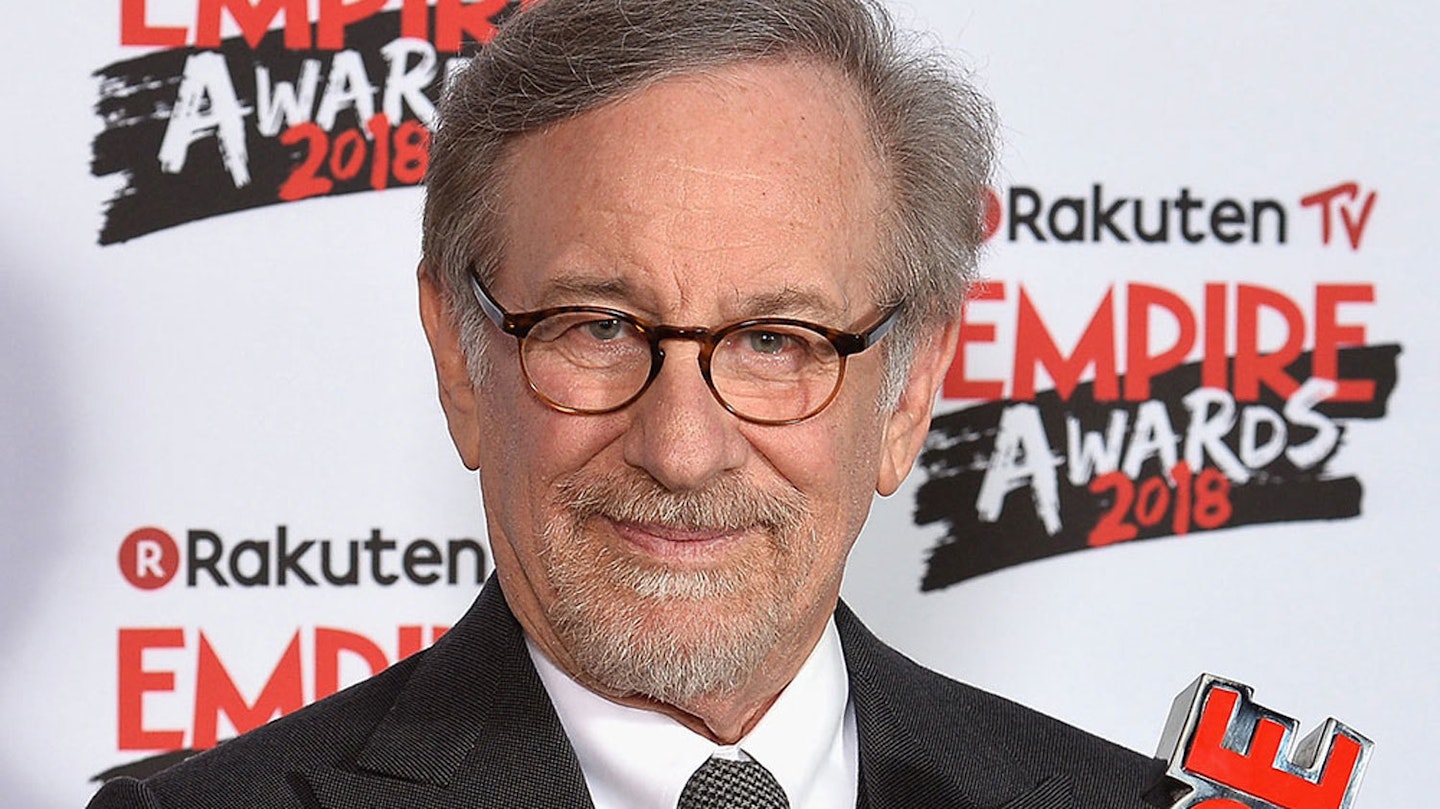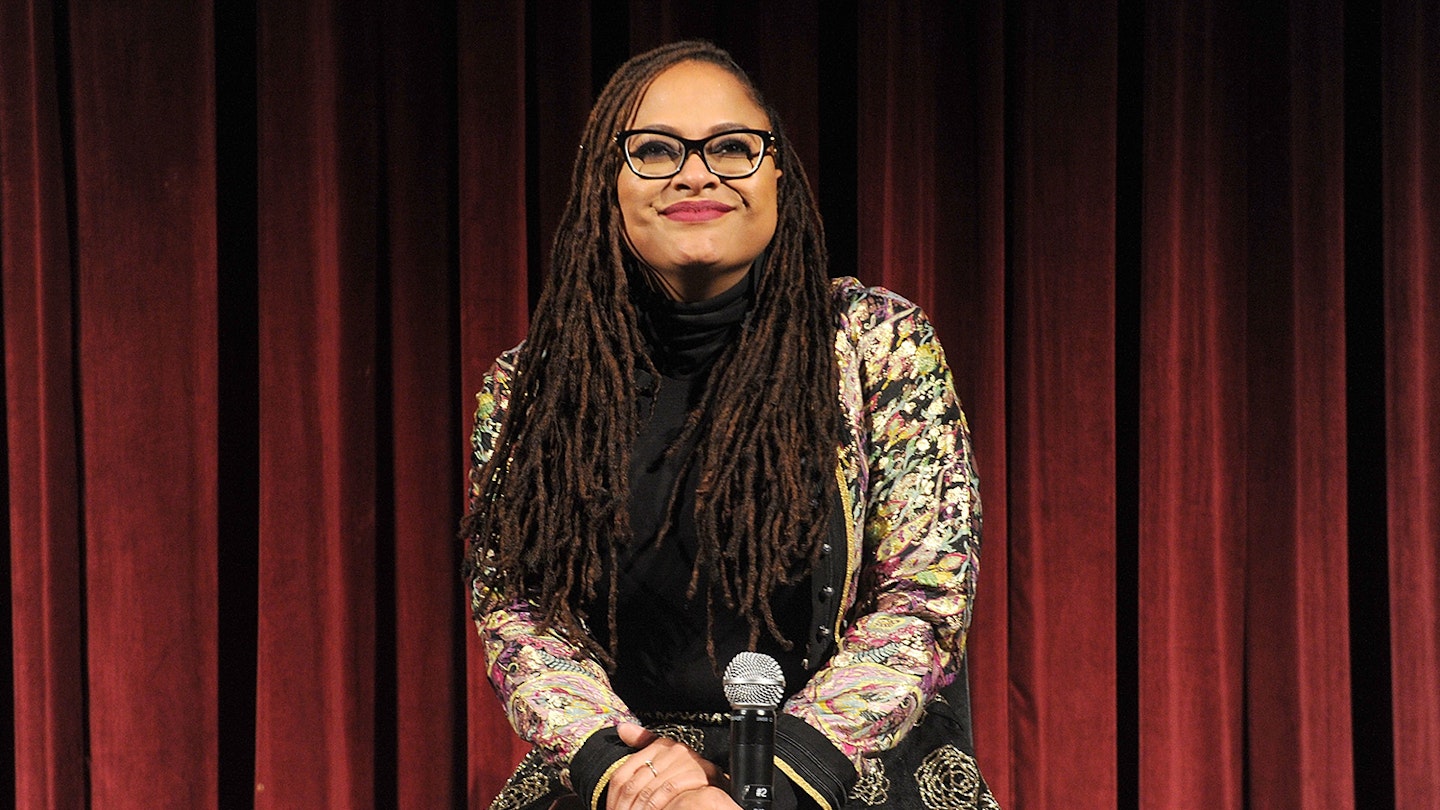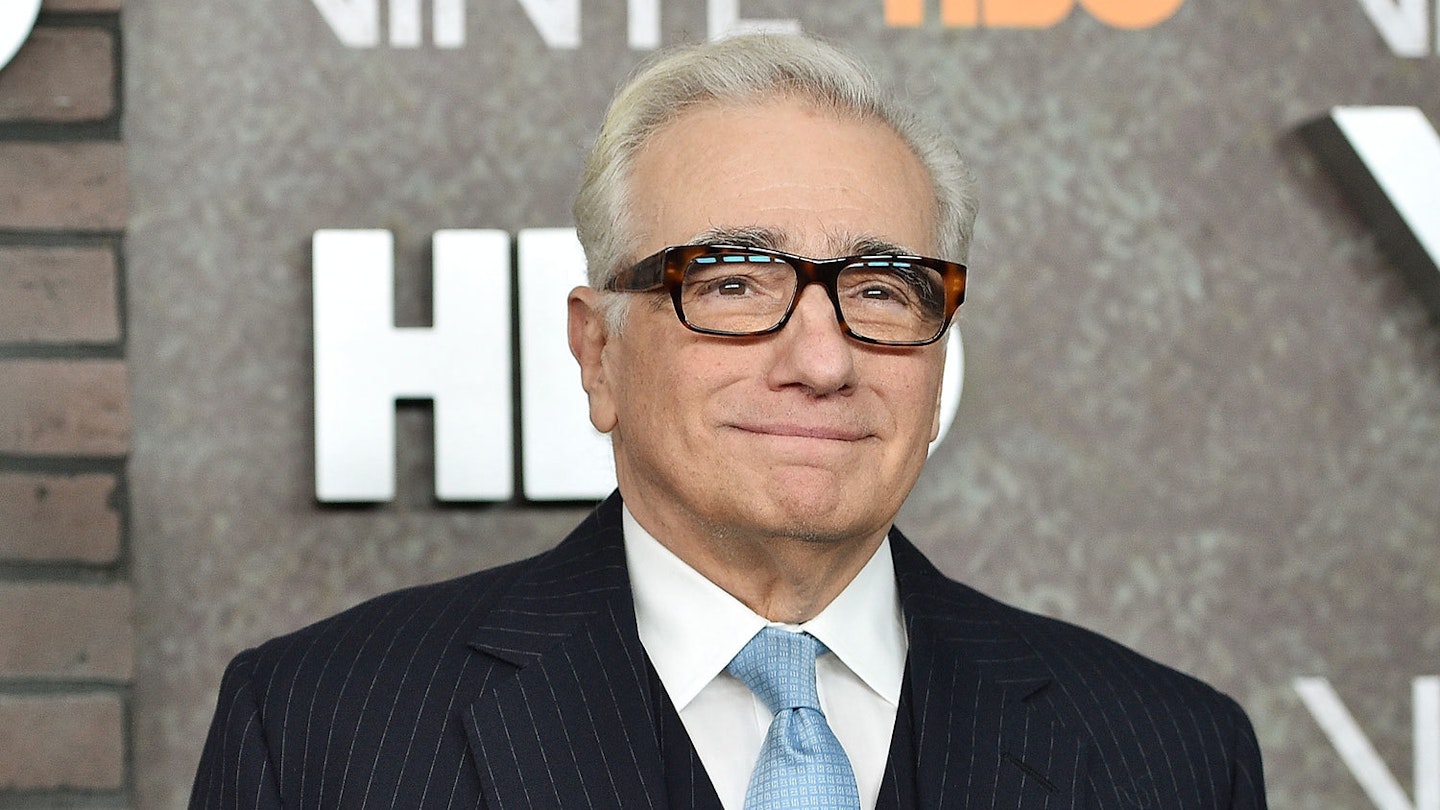The streaming model for producing and releasing feature films is becoming a heated battle-ground in the heart of Hollywood, in the wake of an awards season that saw Netflix display considerable clout. The likes of Roma and documentary short Period. End Of Sentence. were recognised at the Oscars and BAFTAs this year, sparking a discussion over whether streaming originals should be eligible to run alongside traditionally-released films from theatrical studios and distributors.
Particularly, the success of Roma – which won Best Film and Film Not In The English Language at the BAFTAs, and was nominated for Best Picture at the Oscars – seems to have cinema purists concerned. While Netflix gave Roma a limited early cinema run three weeks before it hit the app to ensure it could enter the awards, legendary filmmaker Steven Spielberg reportedly wants to propose changes to the Academy’s eligibility rules in order to put streaming content – primarily set to be viewed on TVs rather than the big screen – up for Emmys instead of Oscars.

In response, Netflix tweeted an impassioned defense of its original movies and its widely-accessible platform. The Netflix Film account posted:
“We love cinema. Here are some things we also love:
-Access for people who can't always afford, or live in towns without, theaters
-Letting everyone, everywhere enjoy releases at the same time
-Giving filmmakers more ways to share art
These things are not mutually exclusive.”
Other Hollywood figures have been vocal in their support for Netflix, including filmmaker Ava DuVernay whose prison-industrial complex documentary 13th was a Netflix Original film. Her next project When They See Us – a four-part limited series about the so-called ‘Central Park Five’, directed entirely by DuVernay – is also a Netflix production. She wrote: “One of the things I value about Netflix is that it distributes black work far/wide. 190 countries will get When They See Us. [...] I’ve had just one film distributed wide internationally. Not Selma. Not [A] Wrinkle [In Time]. It was 13th. By Netflix. That matters.”

Actor Bruce Campbell, best known for his recurring lead role in the Evil Dead films, has also come out in defense of Netflix, touting the quality of Roma. “Sorry, Mr. Spielberg, Roma ain’t no TV movie – it’s as impressive as anything out there,” he wrote. “Platforms have become irrelevant. Make a movie with Netflix.”
It remains to be seen whether the industry power of Spielberg could indeed block Netflix from the Oscars in future – but on the other side of the debate, a fellow Hollywood heavyweight is working with the streaming service. Martin Scorsese’s star-studded crime saga The Irishman – whose first teaser aired during an Oscars 2019 ad break – is a Netflix Original, set to arrive this autumn and expected to be at the centre of another major awards push. In an interesting development, its first trailer described the film as coming to “theaters”, and according to reports the director is angling for a wide cinema launch for his latest gangster epic – though it will also inevitably end up streaming on Netflix’s online platform.

Could that be enough to quell the fears of filmmakers who stand by traditional methods of distribution, and see cinema being defined by films launched into, well, cinemas? Or will Netflix increase its cinematic release windows and present more of its original content on the big screen in order to gain the support of Hollywood’s most powerful figures? Stay tuned – this debate is far from over.
Keep up to date with all the latest movie news, click here to subscribe to Empire on Great Magazines and have the latest issue delivered to your door every month.
